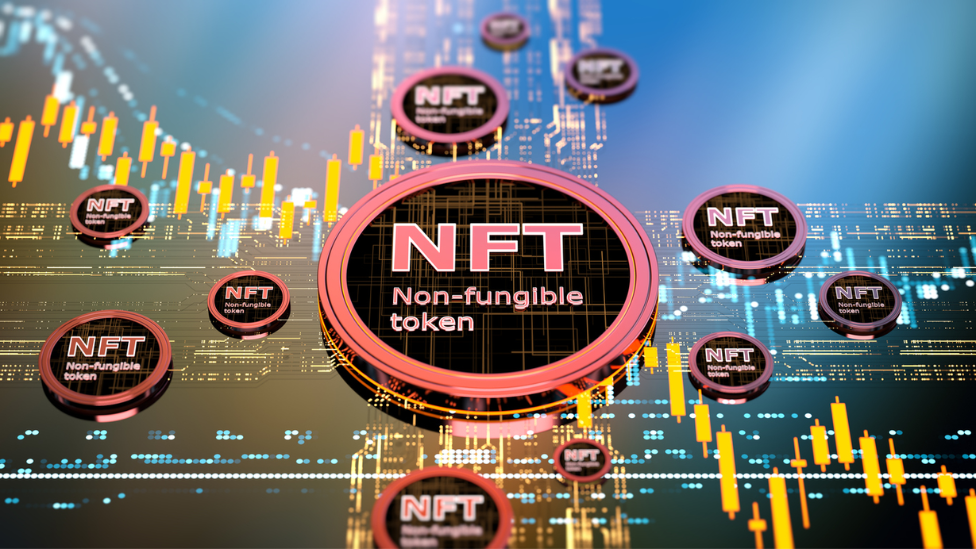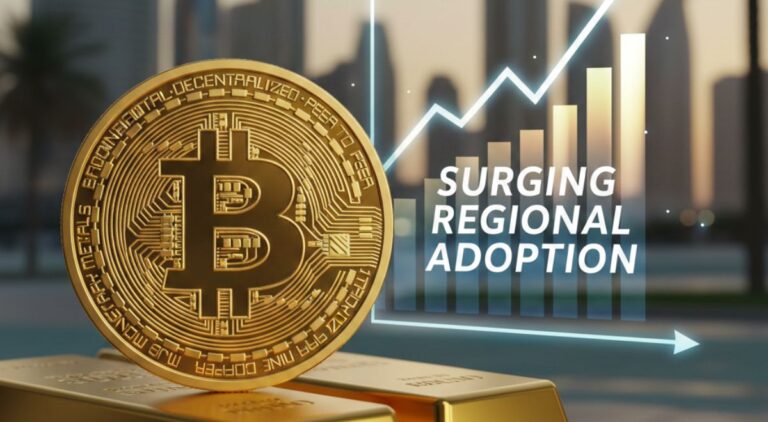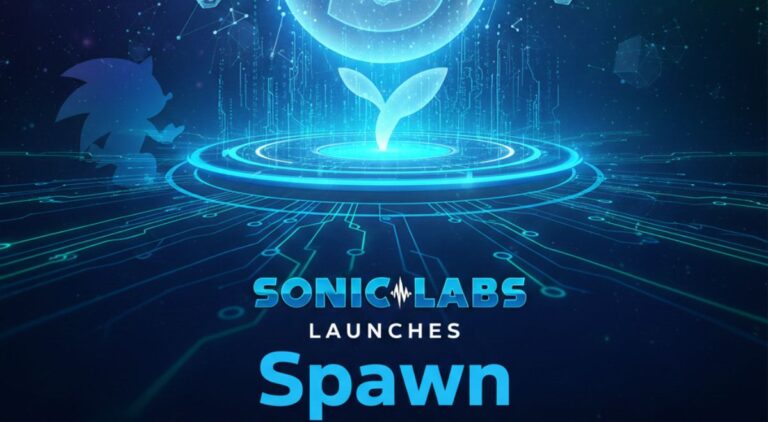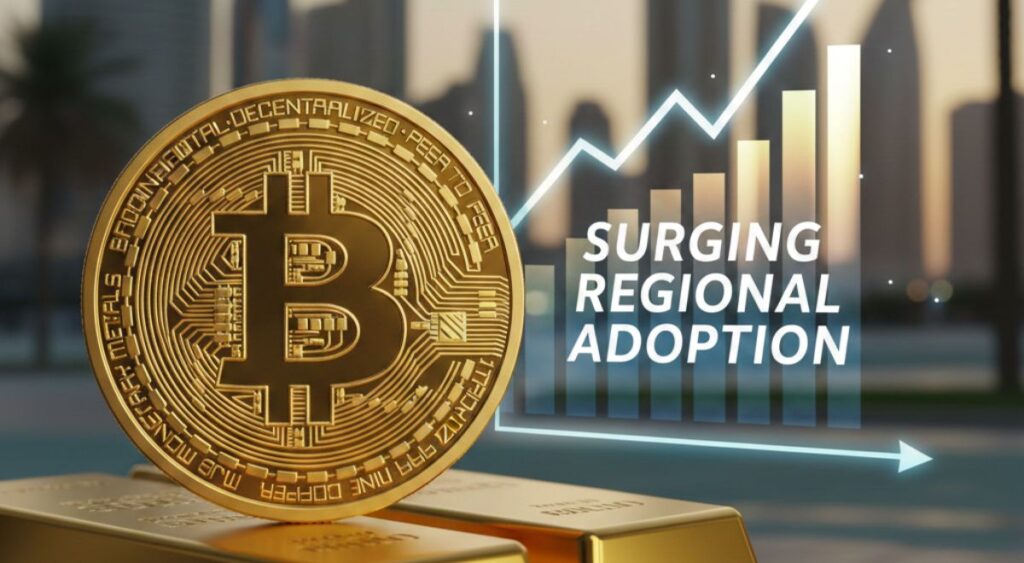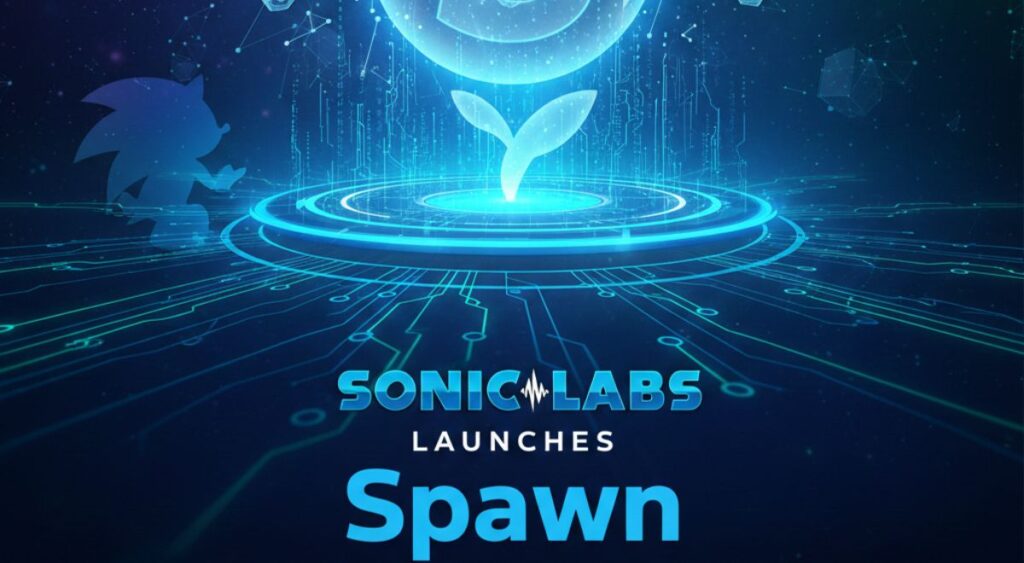Digital assets such as artwork, music, or videos can be represented by non-fungible tokens (NFTs). Although they have been around since 2014, it wasn’t until 2021 that this cutting-edge innovation became widely available to the public. As digital images have been transformed into significant investment opportunities, the NFT market skyrocketed in popularity to $22 billion globally in 2021, paralleling the meteoric rise of cryptocurrencies. In addition to exploding in the music, art, and sports worlds, they have attracted the attention of celebrities and major corporations ranging from American Express to Gucci. For these reasons and more, NFTs have become a popular investment option.
NFTs As Investment Products?
You may have considered investing in NFTs, but what does investing in NFTs actually entail? First, the term “investing in NFTs” is a misnomer since NFTs aren’t an asset class on their own. It is important to note that NFTs use blockchain technology to represent ownership digitally. Getting involved in NFT investing may make sense for you if you enjoy collecting and appreciate arts, music, and related themes. When purchasing, you should consider the asset’s creator, its uniqueness, ownership history, and whether it can generate income after a purchase. Always be sure to comprehend the risks associated with NFT investing.
People may choose to use NFTs as investment products, but it is important to note that buyers who view NFTs as securities are exposed to risk because not all NFTs are securities. According to the Securities and Exchange Commission, most NFTs are currently sold as securities. As a result, there are also a significant number of buyers who are considering NFTs as securities. To qualify as securities, NFTs must first meet the criteria established for securities. Whether or not an NTF is a security depends on the situation’s specifics. If an NFT represents ownership of an artwork, collectible game item, or another similar item, it is not a security. On the other hand, an NFT can be considered an investment contract if it is promoted as a speculative investment and as something whose value will increase over time.
Popular NFT Marketplaces
Currently, the largest NFT marketplaces are:
OpenSea.io
This P2P platform advertises itself as a provider of “rare digital items and collectibles.”
Magic Eden
Magic Eden is the most popular NFT exchange on the Solana (native token, SOL) network. Regarding trading volume, it is the second-largest NFT platform, trailing only OpenSea.
Rarible
Rarible, like OpenSea, is a democratic, open marketplace that permits artists and creators to issue and sell NFTs.
Conclusion
Whether or not to put money into NFTs is a highly individual choice. It’s something to consider if you have the means to do so, especially if the item in question has personal significance. When considering the purchase of an NFT, it is important first to know the asset’s value.

